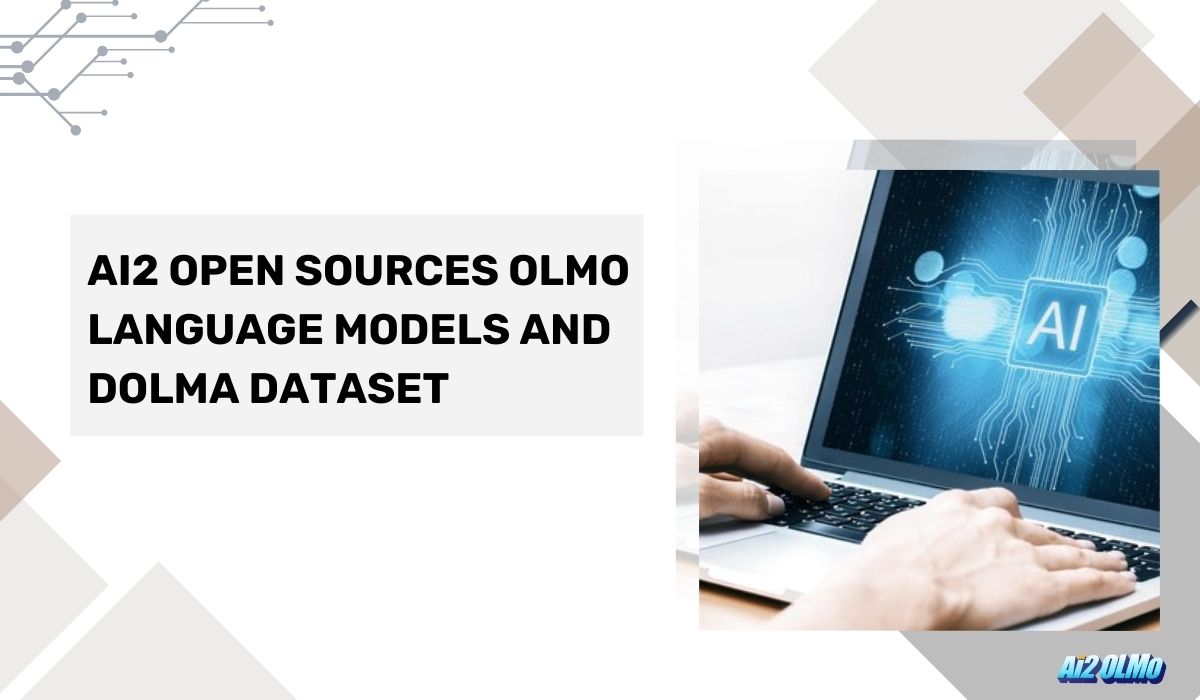
The Allen Institute for AI (AI2), a nonprofit research institute founded by the late Microsoft co-founder Paul Allen, is taking a significant step in the realm of open-source artificial intelligence. The institute is releasing a collection of GenAI language models under the umbrella of "Open Language Models" (OLMo). These models, along with their training dataset named Dolma, are touted as more "open" than their counterparts, providing developers with the freedom to use them for training, experimentation, and commercialization. According to AI2 senior software engineer Dirk Groeneveld, OLMo and Dolma were specifically crafted to delve into the high-level science behind text-generating AI. The distinguishing factor lies in the openness of the models, as Groeneveld explains, "We expect researchers and practitioners will seize the OLMo framework as an opportunity to analyze a model trained on one of the largest public datasets released to date, along with all the components necessary for building the models."
The OLMo models, developed in collaboration with partners such as Harvard, AMD, and Databricks, come with an added layer of transparency. Unlike many existing models trained "behind closed doors," OLMo models ship with the code used to produce their training data, as well as training and evaluation metrics and logs. This transparency aims to foster a more collaborative and accountable environment in the field of AI research.In terms of performance, the flagship OLMo model, OLMo 7B, is positioned as a robust alternative to Meta's Llama 2, depending on the application. While excelling in benchmarks related to reading comprehension, OLMo 7B slightly lags behind in question-answering tests. The models currently have limitations, such as suboptimal outputs in non-English languages and limited code-generating capabilities.
Groeneveld emphasized that OLMo is still in its early stages, with plans to address these limitations and expand capabilities in the future. Addressing concerns about potential misuse, Groeneveld acknowledges the possibility but believes that the benefits of an open platform outweigh the risks. He sees the open approach as a catalyst for research on the potential dangers of AI models and advocates for technical advancements that lead to more ethical models, emphasizing the importance of access to the full stack for verification and reproducibility.Looking ahead, AI2 has ambitious plans for OLMo, with larger and more capable models in the pipeline, including multimodal models that understand various modalities beyond text. The institute intends to release additional datasets for training and fine-tuning. As with the initial release of OLMo and Dolma, all resources will be accessible for free on GitHub and the AI project hosting platform Hugging Face, fostering a collaborative and inclusive AI research community